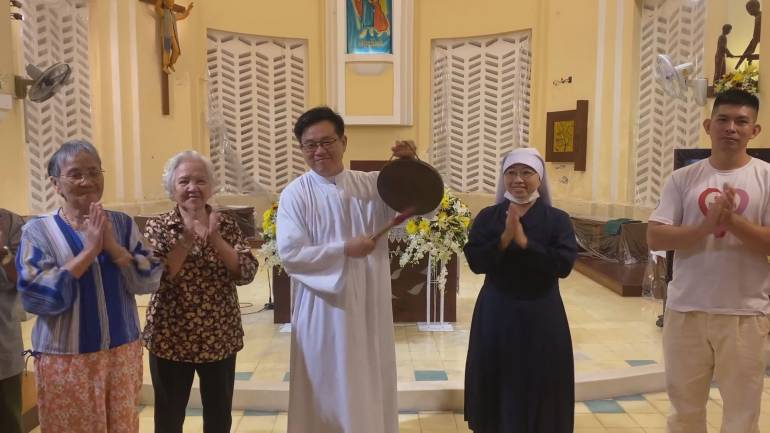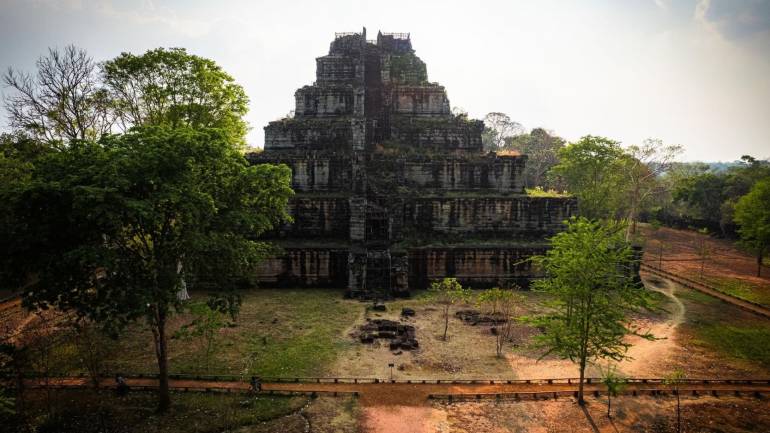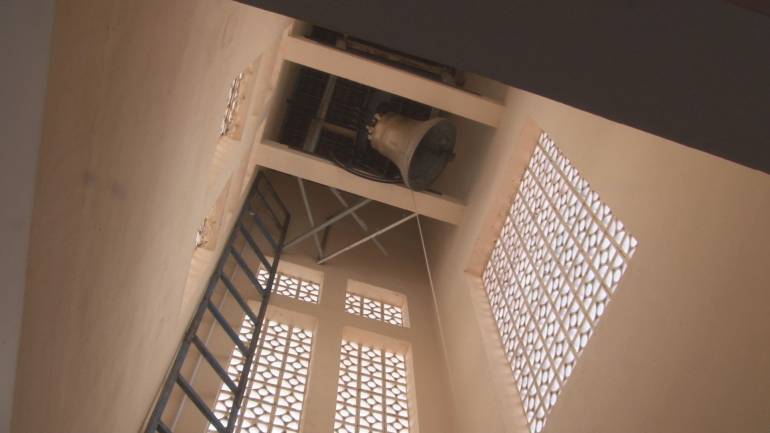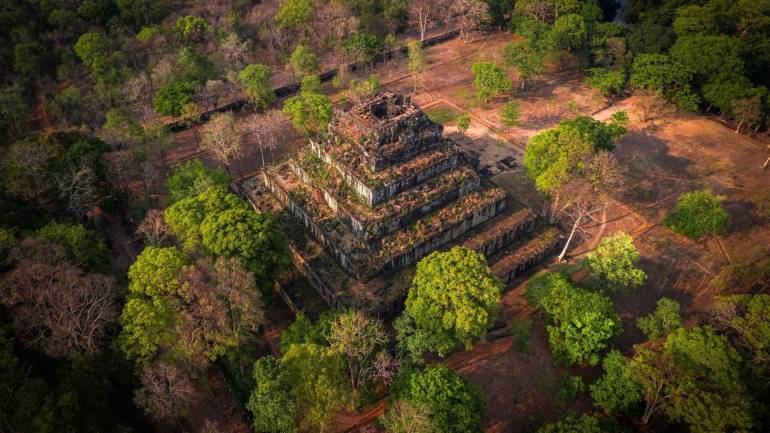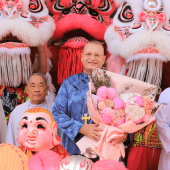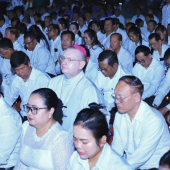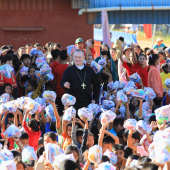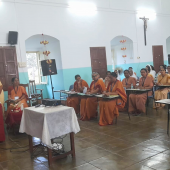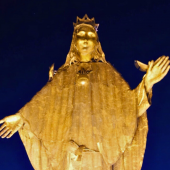Catholics in Cambodia celebrate as UNESCO declares temple as new Heritage Site
Cambodia celebrates a historical moment following the inclusion of the Koh Ker Temple as one of UNESCO's World Heritage Sites on September 17, 2023.
At the request of the Ministry of Religions and Cults of the Kingdom of Cambodia, the Catholic community held a ceremony to ring the bells in each church at 7:00 a.m. yesterday to celebrate the announcement.
In a video message from the St. Peter and St. Paul church in Phnom Penh, bishop Olivier Schmitthaeusler said, "As Catholics, today we are gathering in every place to thank God for giving Cambodia a new world heritage, Koh Ker."
He also said that this is a chance for the Catholic Church to celebrate and "journey together to build peace and harmony."
Locals and Catholics expressed their happiness with the announcement.
As a Cambodian priest, Prak Bunhong, a priest assistant in the Stung Treng community of Kampong Cham prefecture, said he is very happy with the decision of UNESCO.
"I am very happy and wish Cambodia to continue to maintain its temples, traditions, culture, and civilization," he added.
Mr. Soben Bun, a member of the Catholic Student Center in Phnom Penh, is hoping that Koh Ker Temple will also be considered a World Cultural Heritage in the near future.
The announcement also sparked the interest of some locals, especially those who were unaware of the historical origins of the temple.
Koh Ker is a 10th-century temple complex in the northern Cambodian jungle.
It was built during the reign of King Jayavarman IV in the form of a seven-tiered pyramid.
It is 35 meters high with an area of more than 8,700 hectares, covering three villages: Romchek, Koh Ker, and Sroyong North in Preah Vihear province, about 370 km from the Phnom Penh capital. -RVA Khmer News Service
Radio Veritas Asia (RVA), a media platform of the Catholic Church, aims to share Christ. RVA started in 1969 as a continental Catholic radio station to serve Asian countries in their respective local language, thus earning the tag “the Voice of Asian Christianity.” Responding to the emerging context, RVA embraced media platforms to connect with the global Asian audience via its 21 language websites and various social media platforms.





